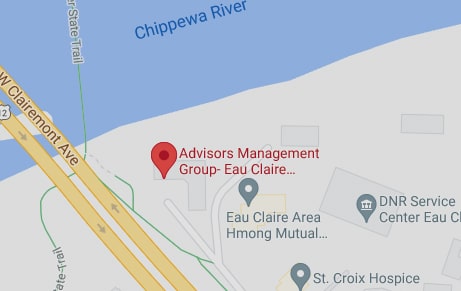The financial world can seem a bit like alphabet soup at times, with so many acronyms used. QCD, RMD, IRA, ETF, and on and on. Today we will be highlighting one of these acronyms, in hopes of helping you understand if you could benefit from the QCD tax strategy.
What is a QCD?
In the financial world, “QCD” stands for Qualified Charitable Distribution. Normally when you take a draw from your Traditional IRA you are taxed on these dollars, even if you donate them to a charity later. However, amounts distributed as a QCD are excluded from your taxable income.
What’s the difference?
Generally, if you take money out of your Traditional IRA, it counts as taxable income. Having more taxable income can move you into a higher tax bracket and may reduce your eligibility for some tax credits and deductions. It can also cause more of your social security income to be taxable. A donation given through a QCD can lower your taxable income, as opposed to a donation given from a regular IRA distribution. If you do not use a QCD, you could receive a deduction for your donation on your tax return if all of your itemized deductions are greater than the standard deduction for your tax filing status. With the higher standard deduction, fewer people are itemizing and are not getting a full deduction for their donation.
What are the rules for a distribution to count as a QCD?
- You must be at least 70 ½ years old at the time you request the funds
- Funds must be transferred directly from your IRA to a qualified charity. Have your custodian make the check payable to the charity.
- Only certain accounts are eligible for QCDs
- Traditional IRAs
- Inherited IRAs
- SEP IRAs
- SIMPLE IRAs
- The maximum annual QCD limit is $100,000 per individual.
How are QCDs reported on your income tax Return?
A QCD, from a non-inherited IRA, is generally reported as a normal distribution on tax form 1099-R; for inherited IRAs, it is generally reported as a death distribution. For this reason, it is important to keep a copy of the receipt you receive from the charitable organization for tax documentation.
QCD and the RMD Requirement
Once you are age 72 or older, the IRS requires that you take a certain amount out of your tax deferred accounts each year. This amount is called a Required Minimum Distribution, or “RMD.” Amounts taken as a QCD can work toward satisfying your RMD requirement. If you are required to take out more money than what you need each year, a QCD could be option for you.
If you have any questions or are wondering if a QCD is right for you, be sure to consult with your tax preparer or other financial advisor.
 |
Kate PedersonInvestment Advisor Representative, Tax PreparerKate joined Advisors Management Group in December 2017. Prior to joining the firm, she worked in manufacturing and healthcare during her career as a financial analyst. |



